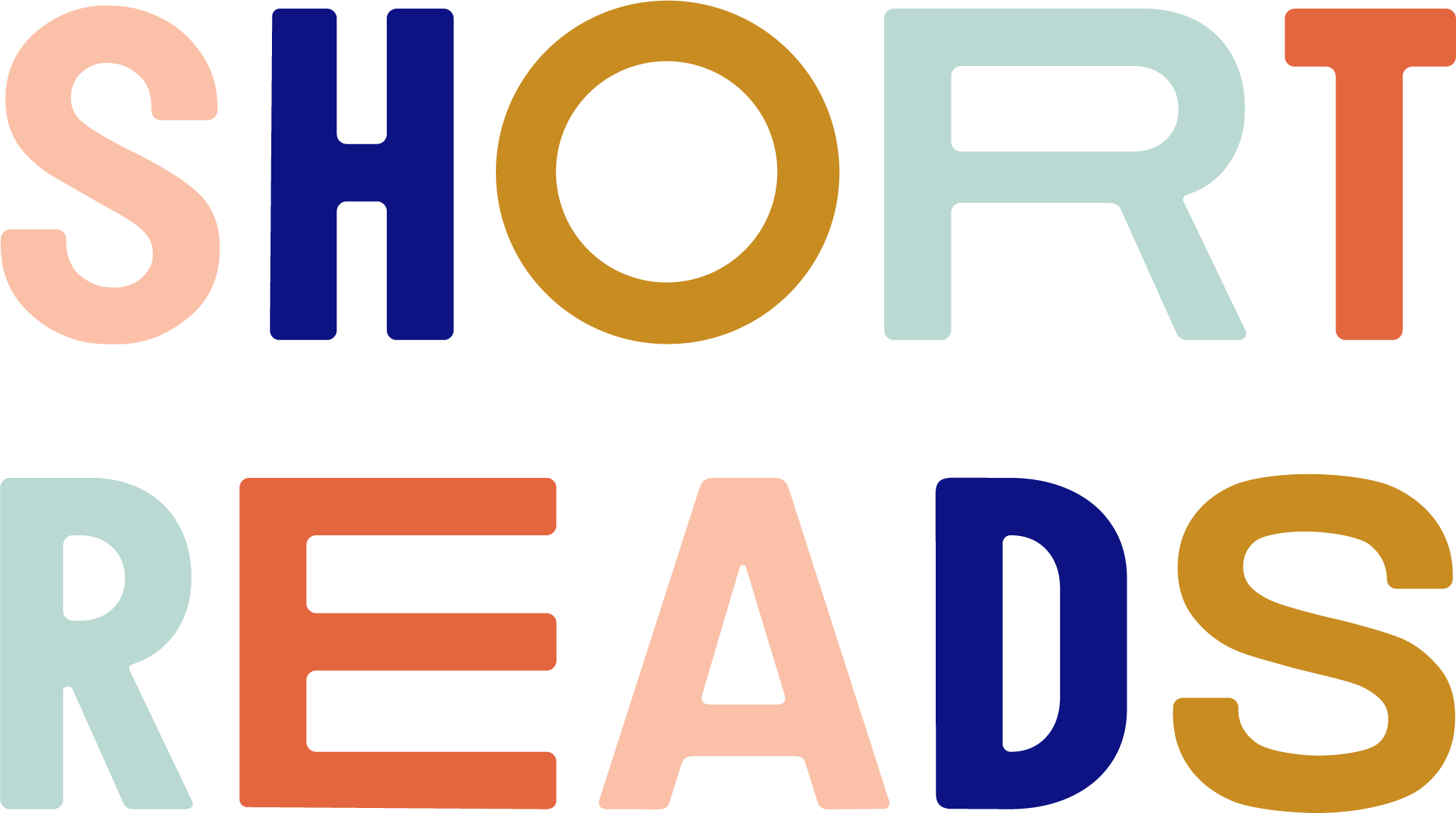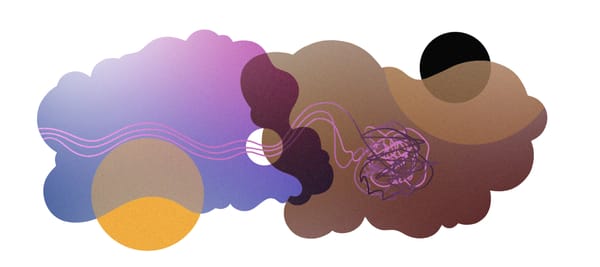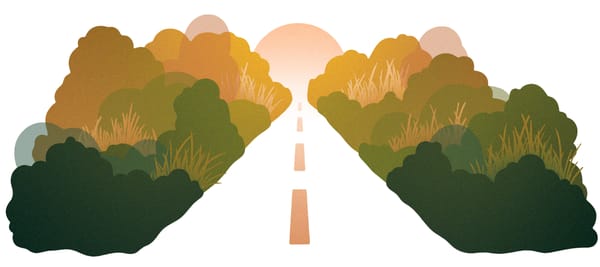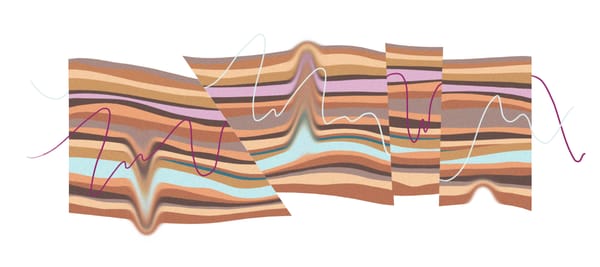Of Phones
by Jill Talbot | Cords & connections.
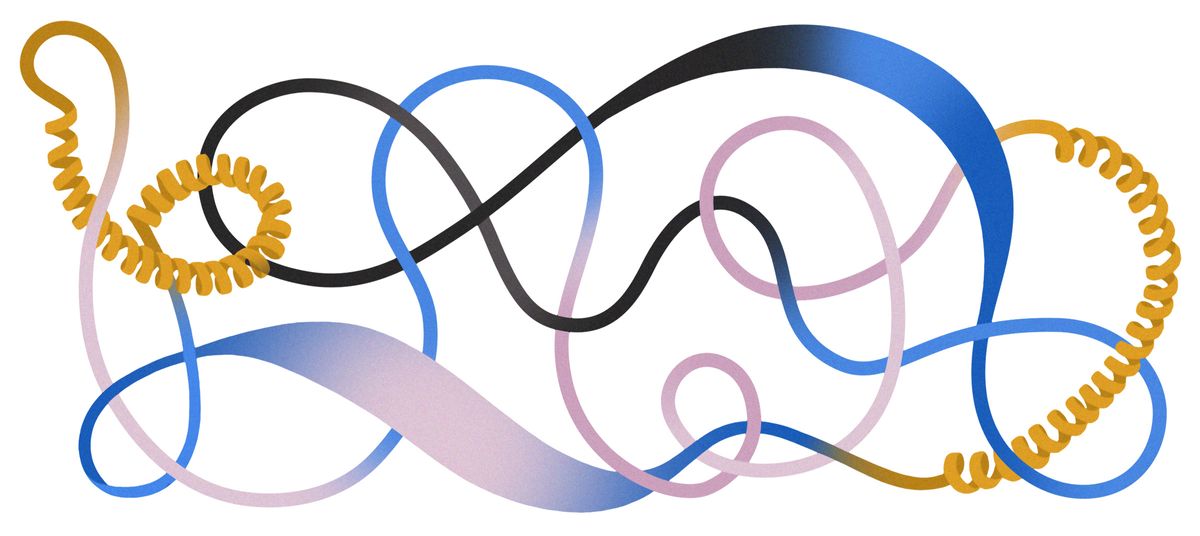
I. Memory
The rotary phone hung on the wall in the kitchen. Bright, or maybe a mustard, yellow, with a small silver lever on the bottom switched to “Loud” so that my grandfather might hear it. He’s in the living room—a small, retired preacher in wire-rimmed glasses, fully dressed in a thin button-down shirt and pants and black dress shoes—sitting in his scratchy brown chair watching a baseball game or reruns of The Rifleman, those twelve gunshots in the opening scene ricocheting through every room, just like the scent of his Old Spice. It’s night, and the door in the kitchen is open and the dark transforms the glass screen door into a mirror.
In this picture, my grandmother, an apron over her bright blouse and pastel slacks, finishes the dishes from dinner or carries folded towels to the only bathroom in this small, two-bedroom house in the north Texas town of Gainesville. I am six, seven, and I will sleep on a pull-out couch in the living room and my grandmother will stay next to me until I fall asleep, the shape of her beauty-salon perm protected by a curve of toilet paper kept in place by bobby pins, one at each end. A bedtime ritual. There’s her ivory complexion, her night cream shining in the hallway light. My grandfather snores from a bedroom.
These are my father’s parents, and in the dark, my grandmother will tell the story of a night when my grandfather was preaching at a tent revival in a neighboring town. How she set up a cot next to her side of the bed for my father, just a small boy, and when a storm lit up the room and rattled the windows, he whispered, “Mother, hold my hand.”
II. Imagination
In a letter—written but never sent—Virginia Woolf writes, “My telephone number is in the Directory.” Imagine: a time when someone could pull a phone book from a counter or a cubby and plop it open and trace an index finger down the column, muttering names like Walker, Williams, Woods, and ah! Woolf. Leonard or Virginia?
In the 1920s in London, the Woolfs most likely had a candlestick phone, a black base with a mouthpiece at the top and a receiver connected by a black cord. I like to fill in the picture: a small table at the bottom of the stairs; Virginia not hearing the rings as she writes in her room; Leonard’s hushed tones; the click of the receiver in the cradle. In “The Humane Art,” Woolf argues, “News and gossip, the sticks and straws out of which the old letter writer made his nest, have been snatched away. The wireless and the telephone have intervened.”
In the years leading up to her death, my father sent his mother letters, at least one a week. Maybe he wrote instead of calling because his hearing had grown increasingly worse. Maybe my father feared he would not be able to hear her.
Woolf, again: “The telephone, which interrupts the most serious conversations and cuts short the most weighty observations, has a romance of its own.” But then she turns a corner in the essay, as she might have done on a nightly walk through the streets of London, to talk of something else.
In the December of my freshman year of college, I answered the phone in my dorm room to hear the news of my grandfather’s passing, the phone’s spiral cord stretching across the room, trailing. Years later, word of my grandmother’s death came from a call I knew was coming, though the loss was no less. And on a Saturday morning one January, a sudden ring at 9:20. I had to get out of bed to find my phone and my mother’s voice telling me my father was gone.
Imagine all the tiny cassettes from answering machines in landfills and antique stores and attics that if played, would tremble with the quiet, still words telling of a stranger’s passing. A robotic voice cataloguing the day, the time. Wednesday. 1:41 pm.
Virginia wrote Leonard a letter.
III.
The push-button Trimline hung for decades on the wall in the kitchen. Almond, maybe white. Now, only an exposed silver plate remains, purposeless, on the yellow and blue wallpaper. There’s a small blue cabinet near, one with vertical slats originally for records, but it’s been filled for as long as I can remember with phone books. Around twenty in all. Heavy, thick ones, both yellow and white, for the greater Dallas area, and thinner ones, years of them, for the suburb where I grew up.
This is not a picture of memory or imagination, but of loss.
It’s afternoon, June, and the only sounds in the house come from the ticking of the clocks, even the silent seconds between them ricochet through the rooms. I am in a back closet, the one that used to be my father’s—thick with the scent of shoe leather and cologne—when I notice a box and reach for the top shelf. Inside, I find five or six thick stacks of letters he wrote to his mother, bundled by rubber bands.
Tonight, I will sleep in the front room, the light from the streetlamp outside the window drafting lines of hushed light through the blinds. Earlier, I called the phone company to disconnect the landline and was told it would take effect at midnight. Not five minutes later, I walked into my parents’ bedroom and picked up the receiver. Silence.
When my father stumbled across the room that January morning, my mother asked if he wanted her to call 911, and he pointed to the phone in their hotel room. His final gesture. She spent the afternoon at the kitchen table, thumbing through phone books, searching for names, for numbers, unable to find what she was looking for, as if all the answers to her questions were wrong numbers, dial tones, disconnected. I watched her trembling hands from the couch where I quietly Googled the names she muttered and I copied their numbers on slips of paper and I placed each one, gently, on the table before walking back to the living room, never able to avoid the truth of my father’s empty chair.
Fourteen months later, I sat on the edge of a hospital bed in the middle of the night and held my mother’s hand as her breaths grew ragged, a gurgle, like a woman slowly stepping into a river.
Jill Talbot is the author of The Last Year: Essays, The Way We Weren’t: A Memoir, and Loaded: Women and Addiction. Her essays have appeared in Agni, Brevity, River Teeth, and the Paris Review Daily, among others. She is University Distinguished Teaching Professor at the University of North Texas. Find her at jilltalbot.net or @jilltalbot.
This essay originally appeared in Hotel Amerika #17.1 (2019).
Miss an issue? Every Short Reads essay is available on short-reads.org.
